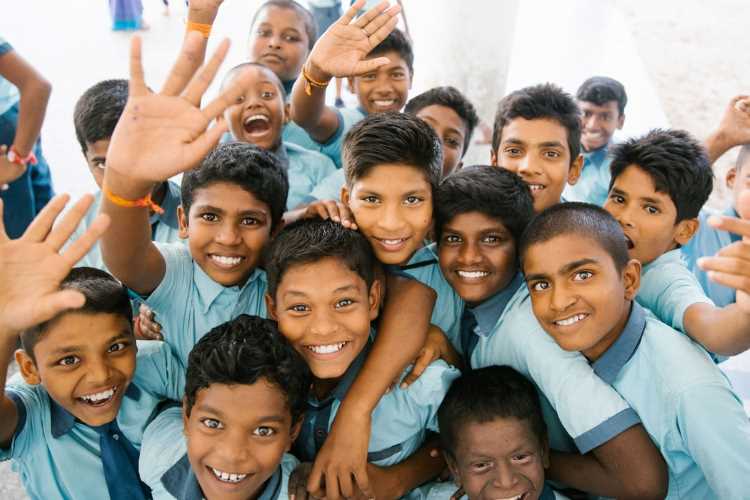
By Kaibalyapati Mishra
Challenges to online education: The hopes of a normal 2021 were dashed by the second wave of the Covid-19 pandemic. The new variants of the coronavirus have created an unprecedented health emergency in India, leading to another round of lockdowns across the country. The first wave of Covid-19 saw the closing down of schools and colleges, leading to a collapse of the teaching/ learning infrastructure because of the unequal access to online education among various social and economic groups in the country. Unequal access to technology and online education will further widen the income disparities in the country that have already assumed alarming proportions.
As schools, colleges and universities adopt online education mode to resume the disrupted teaching/ learning process, a large number of students who don’t have internet access at home will be left out. This is despite the fact that recent studies on school children’s performance in digitally conducted examinations provides very satisfactory results on parameters such as reading comprehension, writing, handwriting skills, language style, grammatical function and writing expression.
READ I Unemployment, uncertainty chipping away at India’s demographic dividend
According to an NSO survey, only 4% of rural households and 23% of urban households had access to computers. Only around 15% of households in Indian villages and 42% families in urban areas enjoyed internet access. As education institutions moved to remote learning, millions of India students were left out of the teaching/ learning process.
Online education and assessment challenge
While some boards examinations got cancelled, the questions on the evaluation of students’ performance create a huge question mark on their career options. As against the universities conducting semester exams online, board exams cannot be held online as a large number of participants lack access to the digital infrastructure. In such cases, school level (if not state/national level) online examinations can be considered. This way, local online examinations can replace board exams. If institutions are concerned about the quality of assessment, then it becomes simply impossible to assess students, ignoring the quality of online education they received during the lockdown. Online exams in a liberal mode can at least reduce some stress related to online education and board examinations.
READ I Human development challenge: Need to address new forms of inequalities created by Covid-19
Online education at the lower and upper primary levels (mostly in public schools) is difficult as students are too young to handle gadgets as well as due to the difficulties faced by the teachers in conducting online classes. A loss of more than one year’s education will affect the children’s future. The education policies in India have addressed quality advancement issues, but given the pandemic situation where mobility is restricted, the resilience of the system will be tested. An online education system that can ensure constant dissemination of knowledge and effective assessment is needed for all classes. Public sector intervention is inevitable in ensuring this, but private players can bring in state-of-the-art solutions that are cost-effective.
The ultimate aim of education is to ensure equity and equality in acquisition and dissemination of knowledge. This will get diluted if there is no level-playing ground for all students. Availing digital facilities at schools is important, but ensuring access to online education is even more vital. The government should take stock of the situation of online education at state-run schools. Private generosity needs to be tapped and incentivised towards making digital education and assessment the new normal. Like colleges and universities, school alumni can contribute towards the effective implementation of such policies at the ground level.
The pandemic has exposed the limitations of the system. What is needed is a clear long-term vision to make education student friendly and conducive to individual growth.
(Kaibalyapati Mishra is a research scholar at the Centre for Economic Studies and Policy, Institute for Social and Economic Change, Bangalore.)
